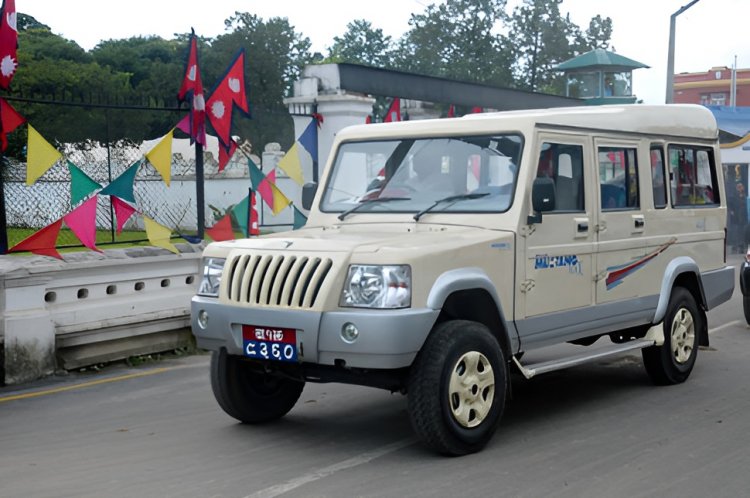The Rise and Fall of Hulas Motors: How Government Regulations Killed Mustang Max
Discover the untold story of Hulas Motors and the demise of their iconic Mustang Max due to government regulations. Learn how it all happened and the lessons we can take from it today.

Hulas Motors, a Nepalese automaker, made headlines in 2015 when it launched the Mustang Max, a sporty SUV that was designed to cater to the needs of the Nepalese market. With a powerful engine, spacious interior, and stylish looks, the Mustang Max quickly became popular among car enthusiasts in Nepal. However, despite its early success, the Mustang Max soon became a victim of governmental regulations that ultimately led to the downfall of Hulas Motors.
The Nepalese government introduced a series of regulations that made it increasingly difficult for automakers like Hulas Motors to operate in the country. One of the most significant regulations was the requirement for all new vehicles to meet the Bharat Stage IV (BS-IV) emission standards. While this was a welcome move in terms of reducing air pollution in Nepal, it also meant that Hulas Motors would need to invest heavily in upgrading its technology and infrastructure to meet these standards.
This proved to be a major challenge for Hulas Motors, which was a relatively small player in the Nepalese automotive market. The company did not have the financial resources to invest in expensive new technology and infrastructure, and as a result, it struggled to meet the BS-IV emission standards. This made it difficult for the company to sell the Mustang Max, as buyers were hesitant to purchase a vehicle that did not meet the latest emission standards.
Another regulation that impacted Hulas Motors was the government's decision to impose higher taxes on vehicles with larger engines. The Mustang Max had a powerful engine that was designed to cater to the needs of Nepalese consumers, who often had to navigate rough terrain and hilly roads. However, the higher taxes made the Mustang Max significantly more expensive than other vehicles in its category, making it less attractive to buyers.
In addition to these regulations, Hulas Motors also faced competition from larger and more established players in the Nepalese automotive market. These companies had deeper pockets and greater resources, which allowed them to invest in new technology and infrastructure to meet the BS-IV emission standards. As a result, they were able to offer vehicles that were more environmentally friendly and fuel-efficient than the Mustang Max, which further reduced the appeal of Hulas Motors' flagship SUV.
In the end, the combination of these factors proved to be too much for Hulas Motors to overcome. Despite its initial success, the company was unable to keep up with the changing regulations and the evolving demands of the Nepalese market. As a result, it was forced to shut down its operations in 2018, bringing an end to the Mustang Max and the hopes of many Nepalese car enthusiasts.
The story of Hulas Motors and the Mustang Max is a cautionary tale for small and medium-sized businesses operating in emerging markets. While these markets offer tremendous growth opportunities, they are also fraught with challenges and uncertainties, including changing regulations, stiff competition, and limited access to capital. To survive and thrive in such markets, businesses need to be agile, adaptable, and innovative, constantly seeking new ways to meet the needs of their customers and stay ahead of the curve.
In conclusion, the rise and fall of Hulas Motors and the Mustang Max is a sad reminder of how government regulations and other external factors can have a significant impact on the fate of businesses, even those with a promising future. While it is important for governments to regulate industries to protect the environment and promote public welfare, it is equally important for them to strike a balance between regulation and innovation, to ensure that businesses can compete fairly and deliver value to their customers.
What's Your Reaction?


































































































